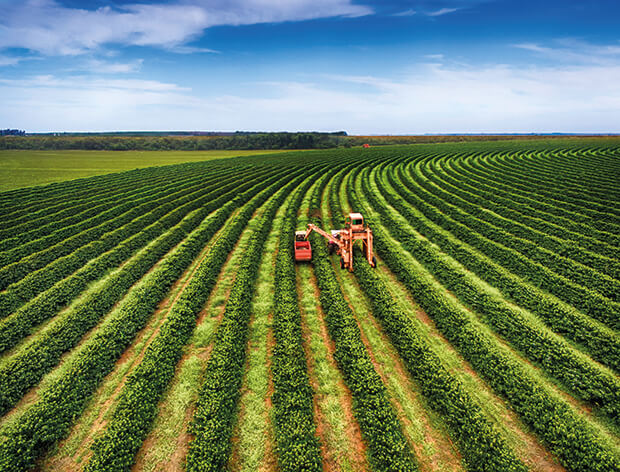Viterra has signed a US$4.1bn revolving credit facility (RCF) provided by more than 30 banks globally, which the agricultural commodities firm says demonstrates its resilience in a disrupted market.
The facility was launched in late March at US$3.5bn and “quickly gained strong interest from Viterra’s relationship banks as well as a several new institutions”, the company says in a statement. The funds “will be used for general working capital for global activity”, a spokesperson tells GTR.
An additional three-year US$1bn facility was also extended by another year.
The RCF was arranged by HSBC, which also acts as co-ordinator and documentation agent. Société Générale is the sustainability co-ordinator and active bookrunner alongside Crédit Agricole Corporate and Investment Bank and SMBC.
The Viterra spokesperson was unable to name the additional banks on the deal, but the company says that all lenders in its 2022 facility returned this year.
The RCF includes sustainability-linked pricing based on Viterra’s further reduction of greenhouse gas emissions and energy use, greater sourcing of traceable-to-origin South American soy and the meeting of “safety targets”. The company says it will reinvest interest savings from the favourable pricing “into additional sustainability initiatives within the company”.
This week Viterra announced it is aiming for a 25% cut in its scope 1 and 2 greenhouse gas emissions – meaning those directly caused by or used in its direct operations – by 2024.
Rotterdam-headquartered Viterra, known as Glencore Agri before a 2020 rebrand, is owned by the British Columbia Investment Management, Glencore and a division of the Canada Pension Plan.
Its operations include agricultural commodities sourcing, storage, processing and transport.
In early March the company secured a US$50mn sustainability-linked trade finance facility from Singapore’s DBS, tied to sustainable sourcing of palm oil.







